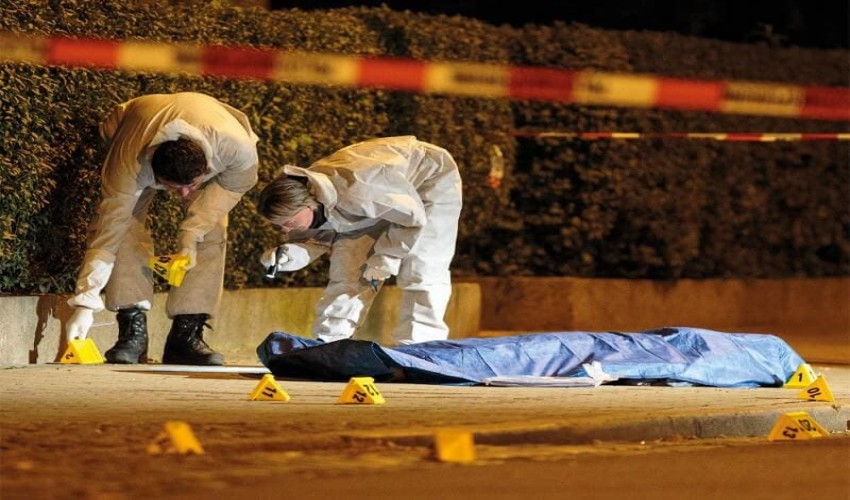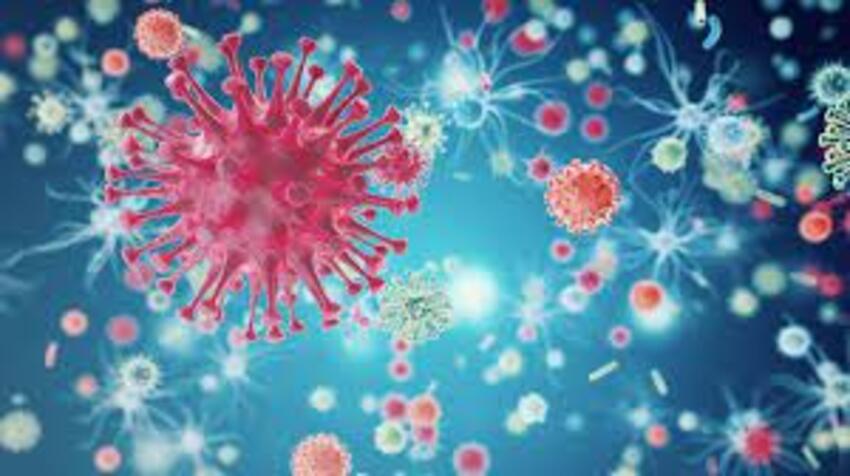
Forensic Medicine
Forensic medicine is defined as ‘the application of medical
and paramedical scientific knowledge to certain branches of law, both civil and
criminal’.
The branch of medical science that deals with all the study
of the crime sections, post-mortems, and other legal areas is known as forensic
medicine. Candidates will be offered 512 MD seats in the specialization of
forensic medicine by 187 medical colleges of the nation. It is the branch that
deals with the study of crime and legal cases, it is the course which has seen
a recent boom, as the recent increase in interests of the aspirants has been
seen. Doctors who are looking for an adventurous medical career, forensic
medicine branch should be their first choices. Along with the adventurous
career, forensic medicine has its own importance as their one report can
overturn a case decision. So, the branch of forensic medicine not only affects
the practitioner but many of the others also.
Forensic medicine: The branch of medicine dealing with the
application of medical knowledge to establish facts in civil or criminal legal
cases, such as an investigation into the cause and time of a suspicious death.
Also known as forensic pathology.
Forensic medicine deals with the application of scientific
medical knowledge to the administration of law, to the furthering of justice,
and to the legal relations of the medical practitioner.
Forensic medicine addresses the physiology of dying, the
cause and time of death, and postdeath phenomena. Practitioners of this branch
of medicine assist the law in assessing the liability of medical practitioners
in issues including consent to treatment, therapeutic intervention, emergency
treatment, legal procedures, tissue and organ removal and transplantation,
unnecessary surgery, cosmetic surgery, scientific experimentation, and sexual
procedures, as well as questions regarding maternity, paternity, murder,
malpractice, the development and gathering of evidence, and the application of
statutory law to medicine.
Forensic medicine deals with offenses against the person or
patient. Practitioners of forensic medicine assist in medical-legal
investigations by offering expert opinions to help legally authorized individuals
understand the medical implications of pathological examinations, including
postmortem examinations (autopsies) of bodies, tissues, organs, and laboratory
specimens. They offer expert scientific opinions on the cause and time of
death. They may offer interpretations of DNA (genetic tissue) analysis. In
criminal cases, the coroner (often a physician) provides investigators and the
court expert opinion on wounds, injuries, intoxication, poisoning, infections,
and the proper handling of pathologic specimens.
- Forensic Ballistics
- Forensic Criminology
- Forensic Dactylography
- Forensic Osteology
- Forensic Pathology
- Forensic Toxicology
- Forensic Thanatology
- Forensic radiology
- Forensic Odontology
- Forensic Serology
- Forensic Psychiatry
- Forensic Obstetrics
- Clinical forensic medicine
- Forensic anthropology
- Forensic entomology
Recent Published
Submit Manuscript
To give your manuscript the best chance of publication, follow these policies and formatting guidelines.


